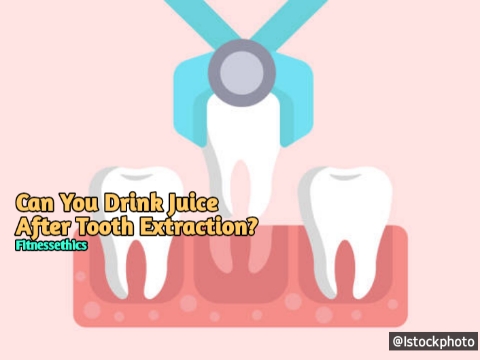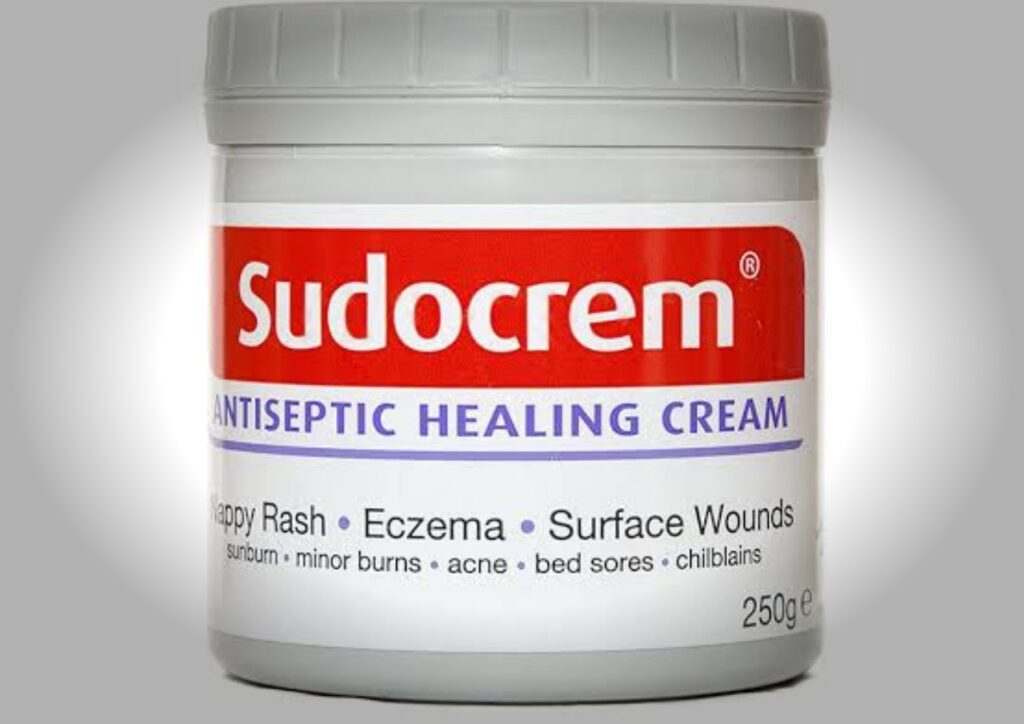Can I Drink Juice After Tooth Extraction?
Tooth extraction is a common dental procedure that may be necessary for various reasons, such as severe decay, infection, or crowded teeth. After the extraction, it’s important to follow post-operative instructions to promote proper healing and minimize complications. One common question that arises is whether it’s safe to consume juice after tooth extraction. In this article, we will explore this topic based on authentic research to provide you with accurate information.
When it comes to drinking juice after tooth extraction, it is generally recommended to avoid consuming any liquids, including juice, for the first few hours following the procedure. This allows the blood clot to form in the extraction site, which is crucial for healing. Dislodging the blood clot can lead to a condition known as dry socket, which can be painful and delay the healing process.
However, once the initial few hours have passed, you may be able to drink juice. It’s important to note that not all juices are created equal, and some may be more suitable than others during the healing process. Opt for juices that are not acidic, as acidic beverages can irritate the extraction site and potentially hinder the healing process. Citrus juices, such as orange or grapefruit juice, should be avoided initially due to their high acidity.
Instead, you can consider drinking non-acidic juices, such as apple, grape, or cranberry juice, as they are less likely to cause discomfort or irritation. These juices can provide essential vitamins and nutrients, which can support the healing process and help maintain your overall health. However, it’s always best to consult your dentist or oral surgeon for specific recommendations based on your individual case.
What Can I Drink After Tooth Extraction?
While it’s important to avoid certain types of beverages immediately after tooth extraction, there are several options that can be consumed safely to prevent dehydration and provide necessary nutrients. Besides non-acidic juices like apple, grape, or cranberry juice, you can consider the following options:
Water
Staying hydrated is crucial during the healing process. Drinking plain water is always a safe choice and can help keep you hydrated without causing any irritation or complications.
Milk
Milk is an excellent source of calcium and other nutrients essential for dental and overall health. Opt for plain milk or unsweetened milk alternatives like almond or soy milk.
Smoothies
Blending soft fruits, yogurt, and milk can create a nutritious and easy-to-consume option. Make sure to avoid using ingredients with small seeds or any hard chunks that may disturb the extraction site.
Broth or Soup
Warm broth or soup can provide hydration and nourishment. Opt for smooth and lukewarm options without any chunks or hard ingredients.
Remember to avoid using a straw when consuming any beverages, including juice, after tooth extraction. Suction created by using a straw can dislodge the blood clot and increase the risk of dry socket.
When Can I Drink Juice After Tooth Extraction?
The timeline for when you can safely drink juice after tooth extraction varies depending on the individual and the specific instructions provided by your dentist or oral surgeon. Typically, it’s advisable to wait until the first 24 hours have passed before considering juice consumption.
During the initial 24 hours, it’s crucial to follow the post-operative instructions provided by your dental professional. This may include avoiding any form of liquid consumption, including juice, to allow the blood clot to form properly. After this initial period, you can gradually introduce non-acidic juices into your diet, ensuring they are lukewarm or at room temperature.
However, it’s important to note that every person’s healing process is different, and some individuals may require more time before they can safely drink juice after tooth extraction. It’s essential to consult your dentist or oral surgeon for personalized advice based on your specific case.
Once you are cleared by your dental professional to consume juice, it’s recommended to start with small sips and gradually increase the amount as tolerated. Be mindful of any discomfort, pain, or irritation that may occur during or after consuming juice. If you experience any adverse effects, it’s best to discontinue juice consumption and consult your dentist for further guidance.
Additionally, it’s important to maintain good oral hygiene during the healing process. After drinking juice or any other beverage, rinse your mouth gently with lukewarm saltwater solution to keep the extraction site clean and free from debris. Avoid vigorous rinsing or spitting, as this can also disrupt the blood clot formation.
Conclusion
While it’s generally advised to avoid drinking juice immediately after tooth extraction to allow for proper blood clot formation, you may be able to consume non-acidic juices after the initial 24 hours. It’s crucial to consult your dentist or oral surgeon for personalized recommendations and to ensure you follow the specific post-operative instructions provided.
Remember, the healing process varies from person to person, and it’s essential to prioritize your oral health by following professional guidance. By taking proper care of yourself and making informed choices, you can support the healing process after tooth extraction and promote a speedy recovery.
This article is for informational purposes only and should not be considered a substitute for professional medical advice. Always consult with your dentist or oral surgeon regarding your specific dental condition and post-operative care.
[starbox]



